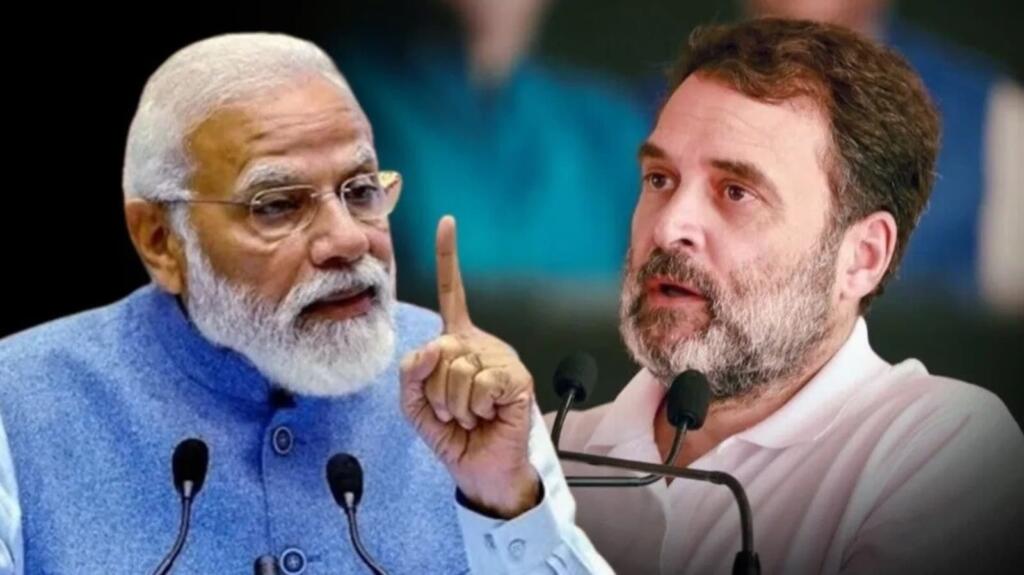In the 2019 Lok Sabha elections, the BJP garnered 229 million votes, rising to 235.9 million in the next election. Despite gaining 6.9 million more votes, their vote share dropped by 0.76 percentage points, resulting in a loss of 63 seats. This highlights the importance of every vote, as an additional 610,000 votes would have secured a majority for the BJP.
First-Past-The-Post
In a First-Past-The-Post (FPTP) electoral system, a candidate only needs to secure more votes than their competitors in a constituency to win, irrespective of the margin. This can lead to significant discrepancies between vote share and seat allocation. For instance, a party may win numerous seats by narrow margins, while another may lose many seats by similarly small margins, resulting in a lopsided distribution of seats. Consequently, even with a minor difference in vote percentages, the seat outcomes can be drastically different, often not reflecting the overall vote distribution, thereby undermining proportional representation.
Lower Seat Outcomes
The First-Past-The-Post (FPTP) system contributed to the BJP’s significantly lower seat outcomes despite a narrow vote margin due to its winner-takes-all nature. In FPTP, the candidate with the most votes in a constituency wins, regardless of the overall vote distribution. This means that even if the BJP lost by small margins in numerous constituencies, it received no seats in those areas. Consequently, the aggregated vote share might appear close, but the seat count can be disproportionately low. This system amplifies minor vote differences into substantial disparities in legislative representation, impacting the BJP’s overall seat tally.
Impact of Castes
While 610,000 votes might seem insignificant compared to the total, they have a significant impact. This loss likely isn’t due to a single caste or community shifting away from the BJP, as that would result in a much larger deficit. Instead, voter complacency seems to be the main cause.
Complacency and Overconfidence
The second and more significant reason is complacency. In the previous elections, the BJP had given the slogan ‘Abki Bar 400 Par’ (This time, we will cross 400 seats), which filled party supporters with confidence that the BJP would win easily. This overconfidence led many voters to believe that their vote was not necessary, and they did not go out to vote. This could be a major reason that affected the vote percentage.
Voter Inactivity
As a result of this complacency, even though the numerical difference is not very large, it indicates a lack of voter activity and engagement. Understanding the importance of voter participation in elections is essential, as it can influence the electoral outcomes. Voter inactivity is a serious concern for democracy because it directly affects election results and can undermine the credibility of the democratic process.
Lessons for BJP
The BJP should learn from these election results that continuous effort and engagement with voters are crucial instead of complacency. Rather than merely expecting a win, it is better to work hard for every vote and make every supporter an active part of the election process.
Need for Strategic Changes
To avoid such situations in the future, the BJP needs to make some important changes in its electoral strategy. The most prominent among these is the active and continuous engagement of grassroots workers. Additionally, the party needs to take concrete steps to turn its supporters in to voters.
Conclusion
Thus, the main reasons behind the decrease in BJP votes in the recent Lok Sabha elections are complacency and voter inactivity. These election results serve as a warning to political parties not to fall into the trap of complacency and to prioritize continuous effort and engagement. For the strength and success of democracy, it is essential to consider every voter important and to motivate them to vote. This is a time for the BJP to introspect and to make its future strategy more effective.
ALSO READ: BJP Created History: The Kerala Story!!
